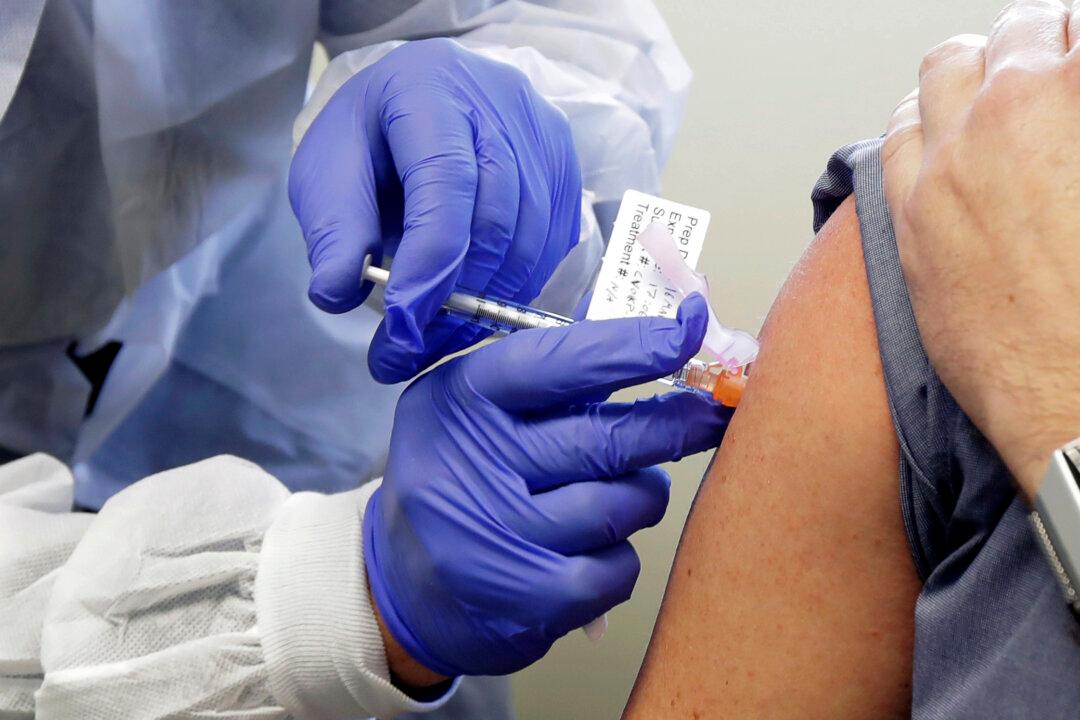Biotech firm Moderna said it will on Monday file requests with both U.S. and European regulators for approval of its COVID-19 vaccine, which clinical trials show is “generally well tolerated” and no serious safety concerns have been identified.
“Moderna plans today to request EUA (Emergency Use Authorization) from the U.S. FDA (Food and Drug Administration),” the company said in a statement, adding it would also “apply for a conditional marketing authorization with the European Medicines Agency (EMA).”





